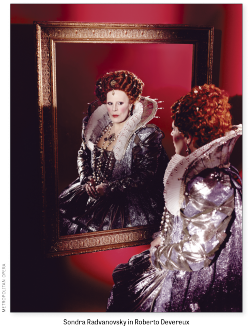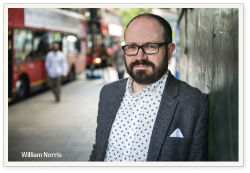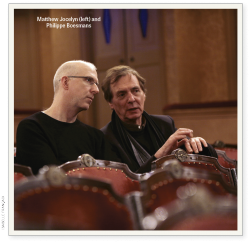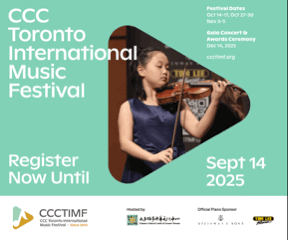Ann Southam - By Hand For Hands
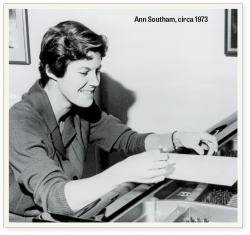 Canadian composer Ann Southam’s Glass Houses, a collection of 15 pieces for solo piano, was composed for Christina Petrowska Quilico in 1981. Christina often played selected pieces from the collection in her recitals, many of which were broadcast on my CBC Radio Two series, Two New Hours. We found that the public response to these pieces on our broadcasts was always enthusiastic. Southam (1937–2010) was quick to point out the essential elements in these compositions. The first was the allusion in the title to the minimalism of Philip Glass, which had charmed her since the 1970s. But equally important was the sound of traditional East Coast Canadian fiddle music, which she had first encountered in the 1950s on the CBC Television show, Don Messer’s Jubilee. Southam found great affinities between these two disparate sources, both of which delighted her.
Canadian composer Ann Southam’s Glass Houses, a collection of 15 pieces for solo piano, was composed for Christina Petrowska Quilico in 1981. Christina often played selected pieces from the collection in her recitals, many of which were broadcast on my CBC Radio Two series, Two New Hours. We found that the public response to these pieces on our broadcasts was always enthusiastic. Southam (1937–2010) was quick to point out the essential elements in these compositions. The first was the allusion in the title to the minimalism of Philip Glass, which had charmed her since the 1970s. But equally important was the sound of traditional East Coast Canadian fiddle music, which she had first encountered in the 1950s on the CBC Television show, Don Messer’s Jubilee. Southam found great affinities between these two disparate sources, both of which delighted her.


